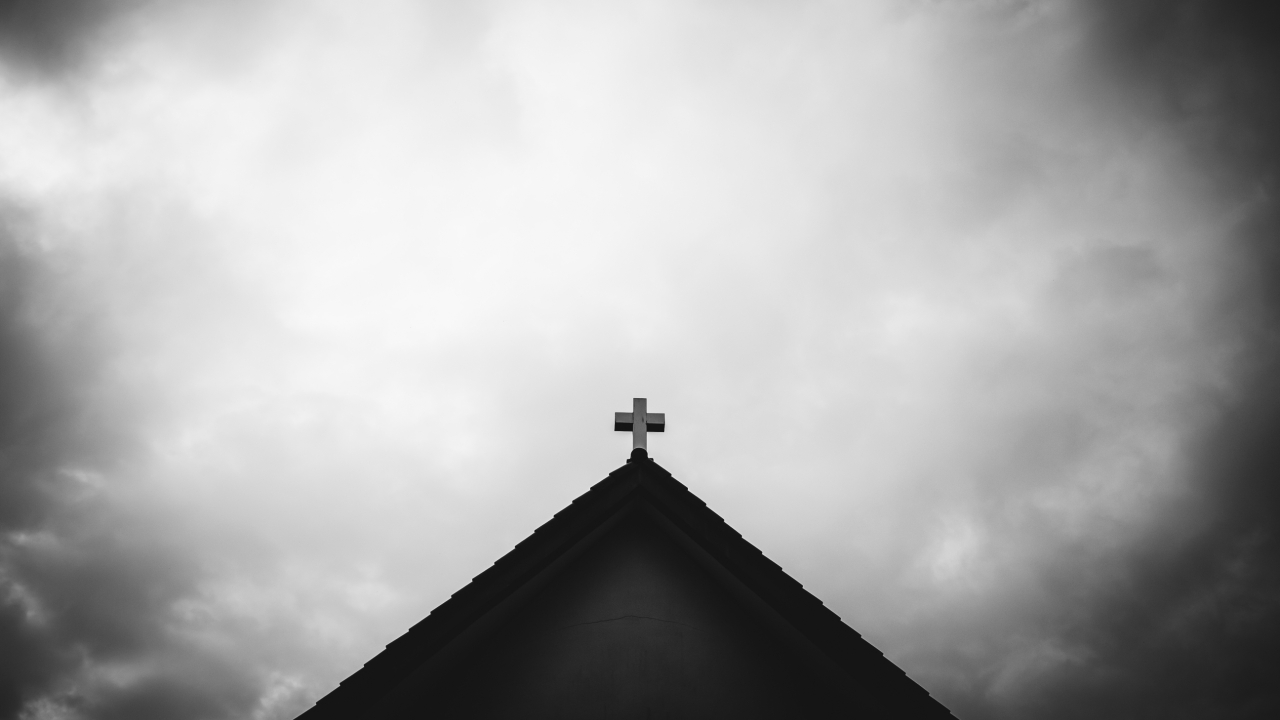
If the Foundations Be Destroyed, What Can The Righteous Do? Literally Everything.
As long as I can remember, I have heard well-meaning souls quote Psalm 11, lamenting the state of one thing or another -- usually America's fate -- with the Psalmist's words, "If the foundations be destroyed, what can the righteous do?" They rightly call us to repent, seeking action before "the foundations are destroyed," after which the only hope they can see is in Heaven.
But they’ve misread the text, and with it David's point.
In Psalm 11, David quotes some unnamed person who, similar to Job’s counselors, had given him the following advice (vv. 1-3): "Flee like a bird to your mountain, for behold the wicked bend the bow; they have fitted their arrow to the string to shoot in the dark at the upright in heart; if the foundations are destroyed, what can the righteous do?"
David utterly rejected this. In verse 1 he began, "In the Lord I take refuge; how can you say to my soul..." and then quotes their words above. "How can you say to me" David asks them with indignation, as though an exclamation point should follow.
In the eighth volume of his Commentaries, Calvin tells us that the events of Psalm 11 take place while David was on the run from Saul. Hard pressed on every side, abandoned even by his own countrymen and pursued by the King he has faithfully served, he and his men have no place to go, no chance for rest, dangers at every turn. His wife has been abducted, his income stripped away, his life turned upside down. How could he not despair?
But he doesn't.
In verse 1, he asks in effect "How can you even suggest such a thing?" He expounds on this throughout the never-quoted remainder of the Psalm:
4 The LORD is in his holy temple;
the LORD's throne is in Heaven;
His eyes see, His eyelids test the
children of man.
5 The LORD tests the righteous,
but His soul hates the wicked and
the one who loves violence.
6 Let Him rain coals on the wicked;
fire and sulfur and a scorching wind
shall be the portion of their cup.
7 For the LORD is righteous;
He loves righteous deeds;
the upright shall behold His face.
Some take this to suggest just what David's (and our) well-meaning counselors said: that beyond a certain, all too near-term point, our only hope is in Heaven. Since in an ultimate sense that is true, it would easy to stop right there. But David certainly didn’t, and neither should we.
His and our well-meaning prophets of Earthly doom look at the current circumstances, see the decay, rot and active persecution of sinners, and call the end of the game. But God does not permit this. Rather, we are required to “occupy until He comes.” He expects us to fight on, despite the odds, in full hope of His mighty deliverance and, yes, even victory. He Who makes all things new can never be defeated by the conspiracies of men.
Indeed, victory was exactly what David received. From this dire state, he persevered in faith, rejecting the arguments to quit just as Job had done before him. Half the nation was overrun by Philistines before things improved: Israel was subjugated, the army scattered, the king and his son slaughtered. But God raised David up as the nation's deliverer, first as king of Judah, then of a united Israel, and ultimately as master of all the nations from the Brook of Egypt to the Euphrates, the entire western half of the Fertile Crescent. David's ascension ushered in Israel's Golden Age, his became one of the great empires of its time, his son's perhaps the very greatest. And his Seed reigns even now at the Father's right hand.
Or to look at that another way, there were perhaps two million Israelites then, occupied and oppressed by foreign pagans seeking to wipe out both their nation and their religion. There are over two billion Christians today, in every nation on this Earth.
God did sweep away much of the old order, the foundations He allowed to be destroyed. But He created something far better in its place. David's faithfulness made him that new order's executor and heir, the only man whom God ever called "a man after mine own heart."
Western civilization – what we have historically known as Christendom – faces a great trial. Much of the inheritance of millennia is being cast off. It is a troubling, dangerous time, and faithful people are right to be greatly concerned. America bears a precious inheritance, constitutionally, spiritually and culturally, one we should struggle mightily to preserve and fortify and pass down to our children's children.
But if the foundations are indeed shaken, or even ultimately destroyed, what can the righteous do?
To quote Spurgeon, "What can they not do?" Indeed, our aim is not to lament the loss of things gone before but to press on to even better. One can imagine the heartbreak of the Founding Fathers as they lamented their lost rights and place as Englishmen. But they did not give up: rather, through hardship and even war they gave us the better nation and ideas we hope to preserve today.
Should we find ourselves in their position, personally or nationally, we must in faith follow their -- and David's -- example. Rest is for Heaven. We are but given so much life. We are required to use it, with all our might, walking by faith and not by sight.